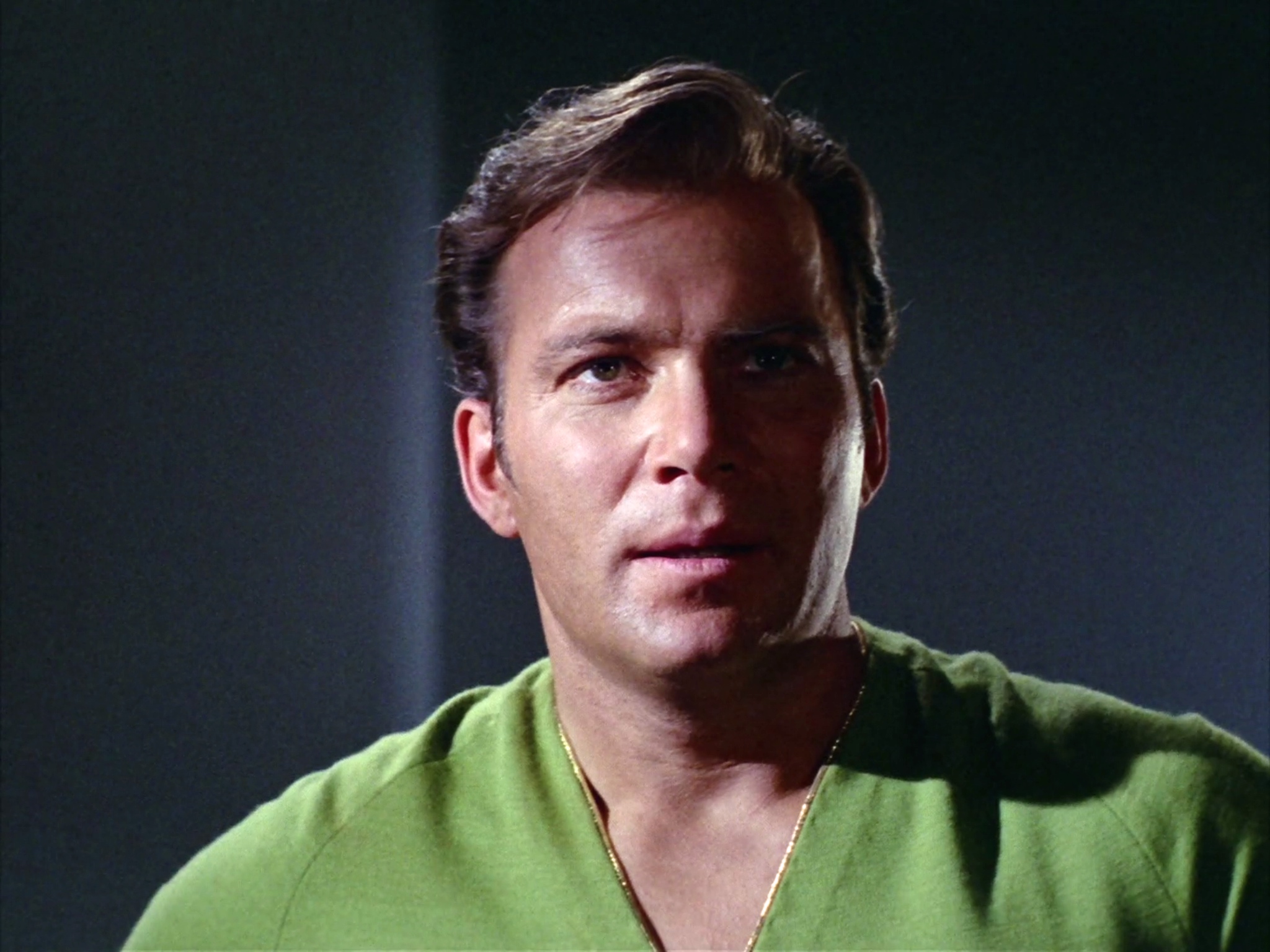In March 2004, I appeared on PBS Newshour to discuss the European Union’s antitrust case against Microsoft. But I was by no means star of the night. The news show featured an interview face-off between Jim Lehrer and U.S. Secretary of Defense Donald Rumsfeld. I sat in another area of the same studio watching the Secretary answer Jim’s questions—well, sidestep many of them. The Defense Secretary struck me as out of touch, a sense I got more seeing him live than I ever have on television.
But even I underestimated just how out of touch is Donald Rumsfeld. Today, Newsweek columnist Mark Hosenball writes about the Karina hearings: “Congressional investigations of government responses to Hurricane Katrina have revealed that two of the nation’s key crisis managers, the secretaries of Defense and Homeland Security, do not use e-mail”.
Uh, yeah.











